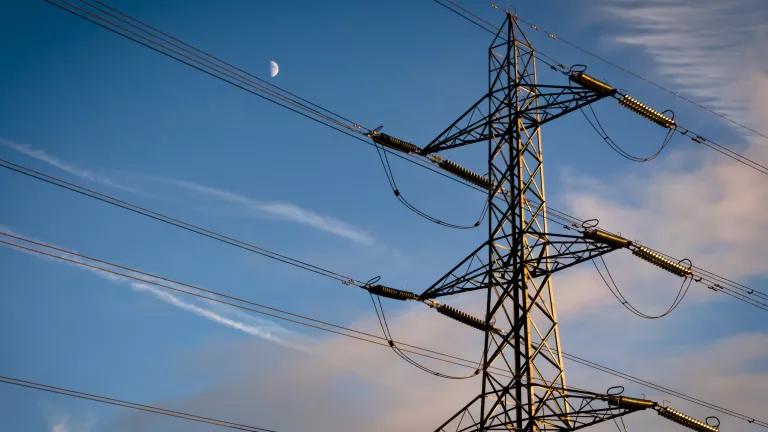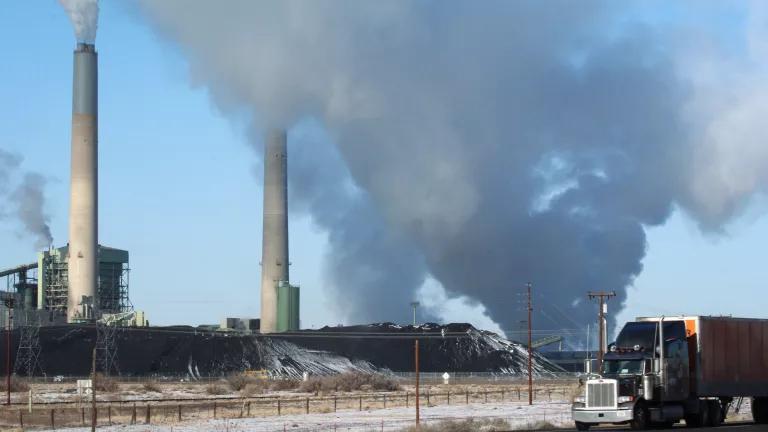New reports about fracking: crisis in enforcement, economic costs of fracking, and sportsmen priorities
There are three important new reports out from conservation groups about fracking and the environment. They all have critical data and findings, as outlined below:
Breaking All the Rules from Earthworks' Oil and Gas Accountability Project finds that states are betraying the public by failing to enforce oil and gas regulations. It is a frightening report. Among the key findings, based on extensive analysis of enforcement data from six states:
- Hundreds of thousands of oil and gas wells--53 to 91% of nearly 350,000 active wells in six states--are operating with no inspections to determine whether they are in compliance with state rules.
- Many violations are not formally recorded–-and the decision whether or not to record a violation is often left to the discretion of an individual inspector.
- Violations result in few penalties.
- When penalties are assessed, they are very low and provide little incentive for companies to comply with the law.
The Costs of Fracking from the Environment America Research and Policy Center finds that the economic costs of fracking include:
- Clean-up of drinking water contamination and the provision of temporary replacement water supplies;
- Medical care costs for workers and nearby residents;
- Natural resource impacts such as increased nutrient pollution in the Chesapeake Bay and reduced hunting, fishing and wildlife viewing opportunities;
- Costs related to global warming;
- Infrastructure investment needs including road repairs, water infrastructure, and plugging and reclaiming abandoned wells;
- Increased municipal and social services; and
- Decreases in property values and farm income.
A Sportsmen Poll: Public Lands Protection Trumps Energy Production from the National Wildlife Federation found that sportsmen prioritize protecting public lands above energy production. Among the findings:
- Given a choice between protecting America’s public lands and prioritizing the production of oil, gas and coal, 49 percent want to protect public lands and just 35 percent choose fossil fuel production.
- Two in three sportsmen polled (66 percent) believe we have a moral responsibility to confront global warming to protect our children’s future. Additionally, 69 percent agree the U.S. should reduce its carbon emissions that contribute to global warming and threaten fish and wildlife habitat.




